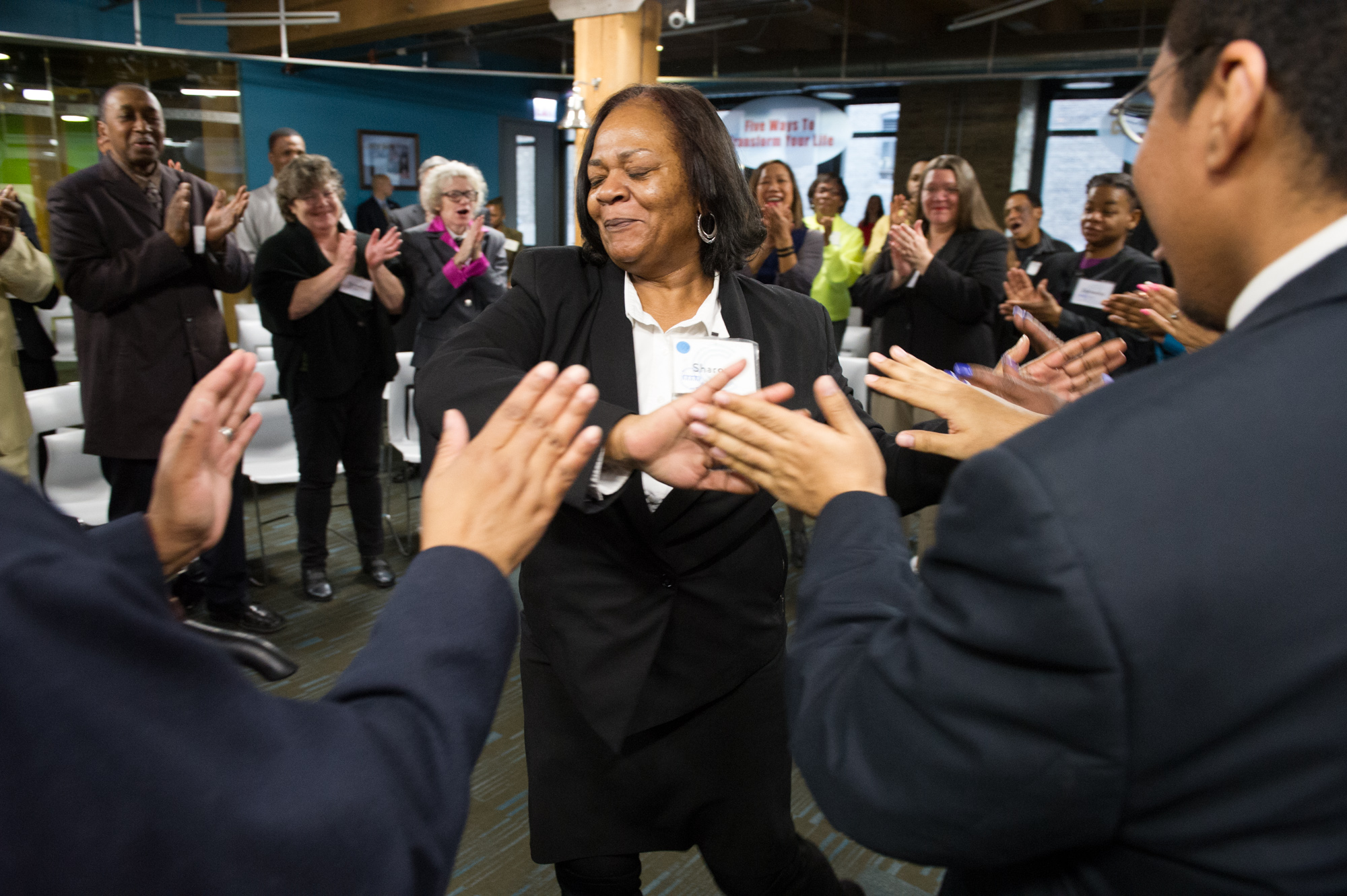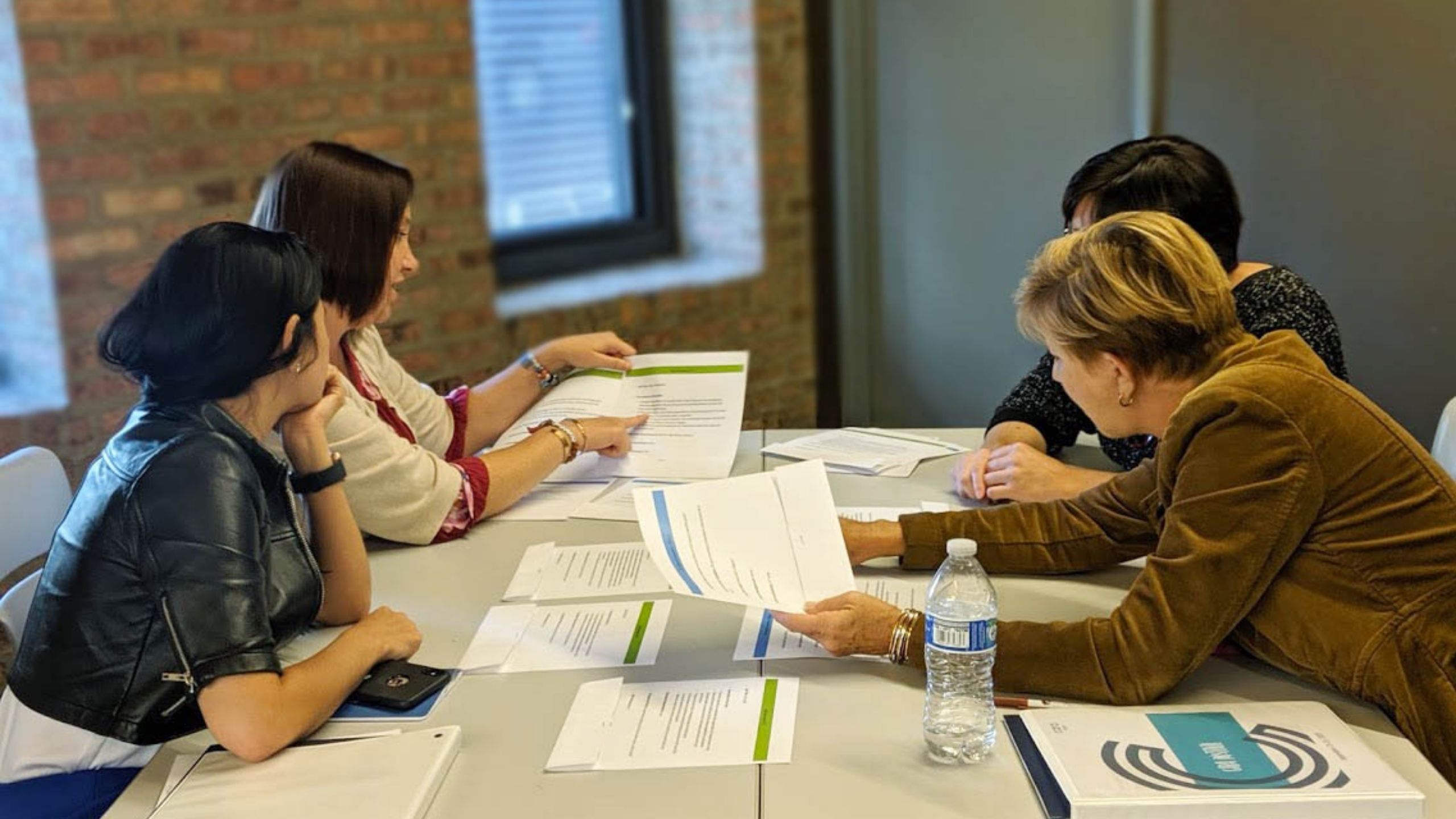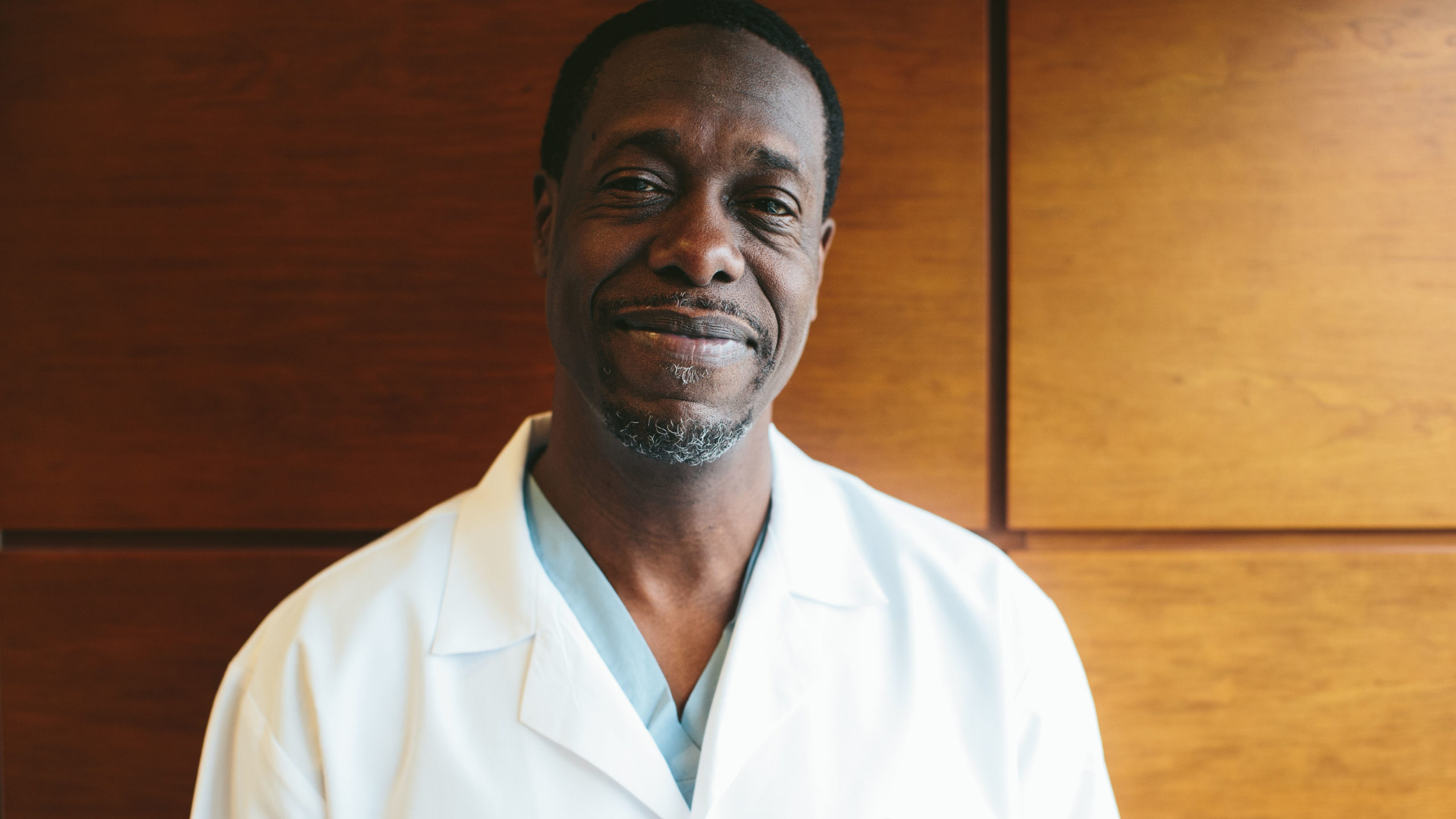Civility is Not Dead, it’s Just Waiting for the Bus

My husband and I joke that the Addison bus stop just outside the Blue Line (a rail on Chicago’s Transit Authority) is perhaps the most civilized queue on the planet. In a world of otherwise rampant commuter chaos, up emerges this entirely self-governed, voluntary, single-file line starting from the bus stop and extending all the way down the sidewalk.
No one butts in front of the other. Everyone silently adheres to the Addison Blue Line bus stop code, and civility sprawls westbound like the cloak a gentleman caller may gingerly lay on a puddle so that his lady can step through.
Why wax poetic about the presence of civility, even in the minutia of daily life?
Because as we become battle-hardened by stories in the news about violence in our streets or lack of hope in our communities, we have to string together the moments that remind us that I can take your hand in mine, or you can take mine in yours; and together, we can create a new neighborhood of hope.
It’s this image of my hand in yours that drives me to the world of social purpose. In fact, when people ask me why I joined Cara over a decade ago, the answer I often share is 9/11 – that moment in our collective memory where our hands gravitated to each other and squeezed ever harder when the reality of what was happening in our country truly sunk in. Practically speaking, 9/11 for me drove two shocks—a professional one (in that the insurance firm I worked for was quickly acquired) and a personal one (in that when a tragedy of this scale happens, you can’t help but take pause and reflect on what you should do with the precious gifts that you have.)
Eleven years ago, that pause led me to Cara, where the mission we serve is one of voice and vocation. Cara helps men and women affected by poverty (and often the interrelated challenges of recovery, domestic violence, episodic homelessness and incarceration) to get and keep good jobs, and more importantly rebuild hope, self-esteem and opportunity for themselves and their families. Employees of Cara receive life- and career-skills training while working at one of our social enterprise businesses— Cleanslate, an exterior maintenance business and Cara Connects, an alternative staffing company. In the process, Cara produces hundreds of jobs each year, at retention rates over 20 points higher than national norms, and with over 80 percent of employed participants moving onto permanent housing in which their families can thrive.
In the larger ecosystem of our work, practitioners often talk about the poverty of assets and the trappings that come with it. At Cara, we also talk about the poverty of esteem. In doing so, we hope to help individuals reclaim their voice (as mom, as leader, as neighbor and friend), and once that voice is reclaimed, ease into finding the right vocation.
We believe this transformation happens not just with our students, but with ourselves as stewards of this work. For me, I realized my vocation was to work in closer proximity to people in search of positive change for themselves and those around them. And once I figured that out, I couldn’t wait to get started. But here’s the rub: this field can be rough on “private sector switchers.” You see, some of us enter the purpose sector with an unconscious arrogance. We believe we may know more about how to make things more efficient, smarter, more effective because we’ve done it in another industry. I came to the purpose sector battle-hardened by the private sector – with an armor that included everything from being the youngest female executive in the firm to quickly pivoting from acquirer to acquired as ownership shifted over time. I came armed with some skills – like negotiation, communication, collaboration, integration, system design, and strategy – skills that ended up being really helpful in my new role at Cara, especially when buoyed by active curiosity.
The insight you bring from the private sector is certainly an asset, but it’s not the only one. An equal asset is your capacity to actively enter into a new business with a true beginner’s mind. Really understand what’s working and why, before flipping it over and examining what’s not. Once you’ve come to understand the highs and lows of the work, and you’ve earned your cred as someone who seeks first to understand, you can then leverage your past perspectives coupled with your new insights to more sustainably impact the system.
This way of double-dutching your way into the organization is of tremendous import. As we know, the work is difficult enough on its face. In fact, it is fair to say our mission is to self-sabotage. Our goal is to turn over the top-tier talent as fast as possible, and get them placed permanently elsewhere. That means one step forward for mission, two steps backward for profit. Your business-informed perspectives can help make these two steps a little shorter every time.
And in so doing, you’ll begin to build the power of great social enterprises, where customers choose you because you are doing well and doing good. Therein lies the beauty of social enterprise. It invites us to meet at the nexus of self and selfless interest, of profit and purpose, of supply and demand, and to together create a stronger, more vibrant and more inclusive neighborhood of hope.
Maria Kim is the President and CEO of Cara. She holds an MBA from the Booth School of Business and serves on the boards of the EPIC Academy and Rebuilding Exchange. She fancies herself an expert solver of crimes due to her excessive consumption of “Law and Order” reruns.


